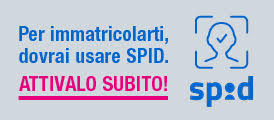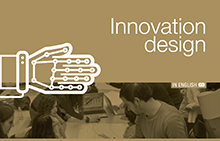Quality Assurance
An internal Quality Assurance System in the field of training, has long been established in this University, it is called the Quality Project on the degree courses, and it is based on adequate procedures to monitor the effectiveness of the training path and the results of the training activities.
- Informations
-
- Within the Quality Assurance system, the Degree course makes it available to all who are interested in it, complete, up-to-date and easily available informations on objectives, training activities, applied resources and achieved results. This information is published in the Unique Annual Board of the Course (SUA-CdS) (published on the UniversItaly portal of MIUR)
- To find the "Scheda Unica Annuale del Corso di studio (SUA-CdS)", please select for each year, 'Design LM-12' as ‘Secondo livello (Magistrale)/second cycle degree’ and ‘Ferrara’ as ‘Città/City’, respectively, on the website of Ministry of University and Research MIUR (Universitaly) .
- In order to make this information more easily accessible, the University of Ferrara has chosen to make it available on the websites of the Degree courses, which are constantly kept updated by the Didactic Managers for each course of study.
- Informations: "Scheda Unica Annuale del corso di studio "
- Re-examination team
-
The Re-examination team is the main actor of the self-assessment process of the degree course. It is composed by the Coordinator of the degree course, at least one other Professor, a student, a representative of the world of work and / or a member of the Steering Committee and the Didactic Manager. The Re-examination Team draws up the Review Report every year
- Joint comittee Professors-students
-
The Joint comittee Professors-students of the department is activated to receive reports from students from the Degree courses of the Department and deepen critical aspects related to the training path.
- Steering Committee
-
In order to develop greater synergies with the labour market and the territory, it was established a Steering Committee which facilitates and promotes relations between the university and the productive context, bringing the training path closer to the needs of the labour market and collaborating to the definition of the needs of the social parties involved.
- To know more
-



